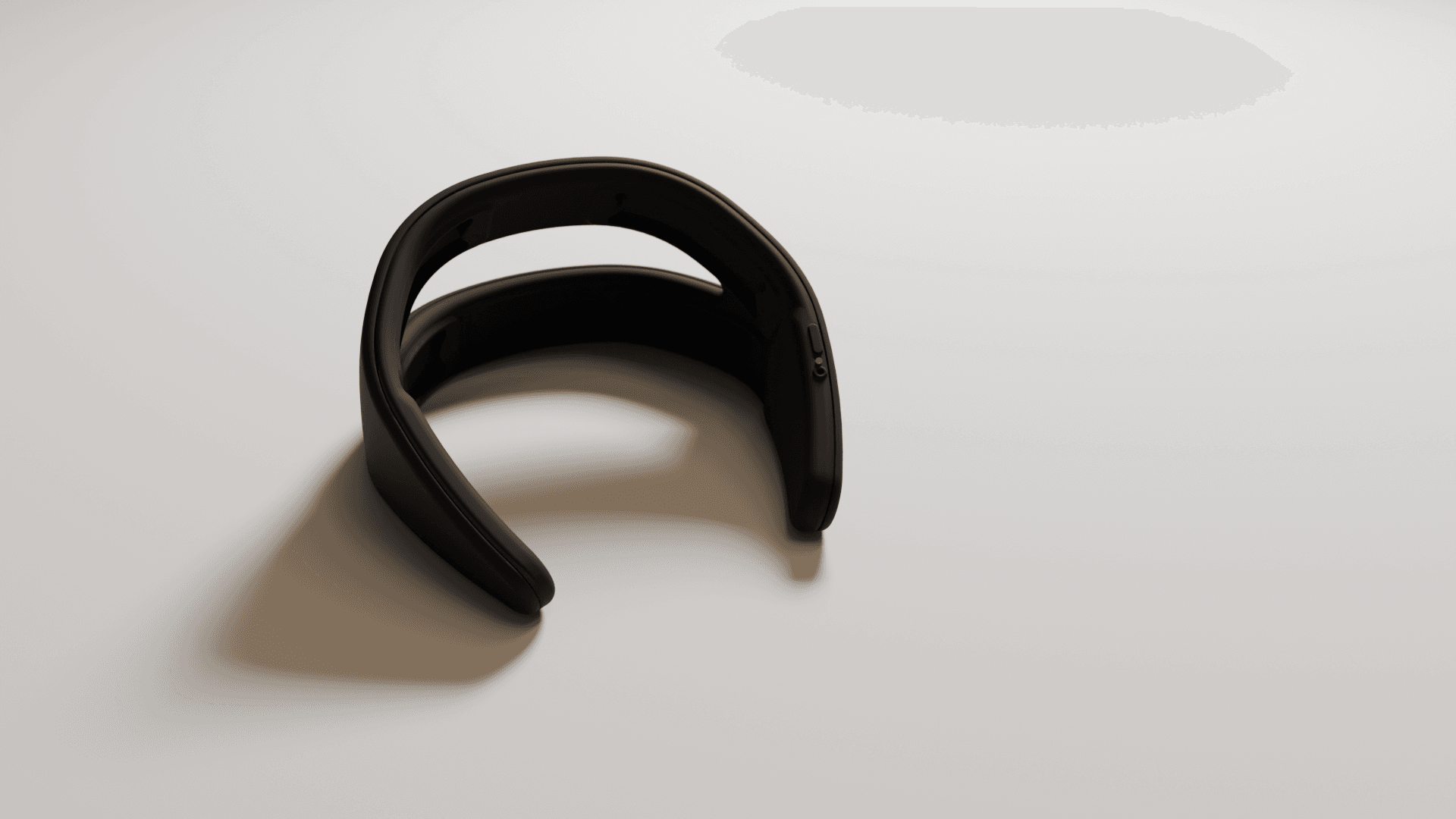
Smart relief. Better days.
Drug and hormone free relief for period pain and mood symptoms
When your body doesn't feel right, your brain can help.
Clinically validated non-invasive, drug and hormone-free neurotechnology to restore your natural rhythm.

CycleSync™
Menstrual cycle analysis and management
Symptom prediction, the latest science and actionable insights.
$59.99 / year

Why the brain
Neuroplasticity holds the key
Your brain is the connection between your hormones and how you feel. We use both active and passive strategies to balance brain activity across your cycle - leading to fewer up and downs, and more stable, sustainable menstrual cycles.

How hormones affect your brain across your cycle

We study PMS, PMDD, endometriosis, focus, mood and more

Personalized support through integrated wearables and software
Evidence
94% of our users feel better in just three months.*
* Based on our clinically validated, double-blind study on Nettle™ (WIND 2024)
Balance
starts in the brain
Our award-winning solutions are designed to boost and balance your brain health across the cycle. It’s menstrual care that starts where your cycle really begins.
All natural, drug and hormone-free
Clinically tested, studied and validated
Holistic pairing of modern and ancient techniques
Smart cycle predictions to help you plan ahead
Feel better from home - just 20 minutes a day, a few days each cycle.

What we help with
Explore our perspectives on women’s health below.
Too often, systems treat symptoms in isolation. Samphire’s solutions work across the brain, body and cycle - connecting the dots between pain, mood, focus, hormones and more.
Blog
Our latest research
Our science and technology teams write extensively on why the brain matters in women’s health.




















